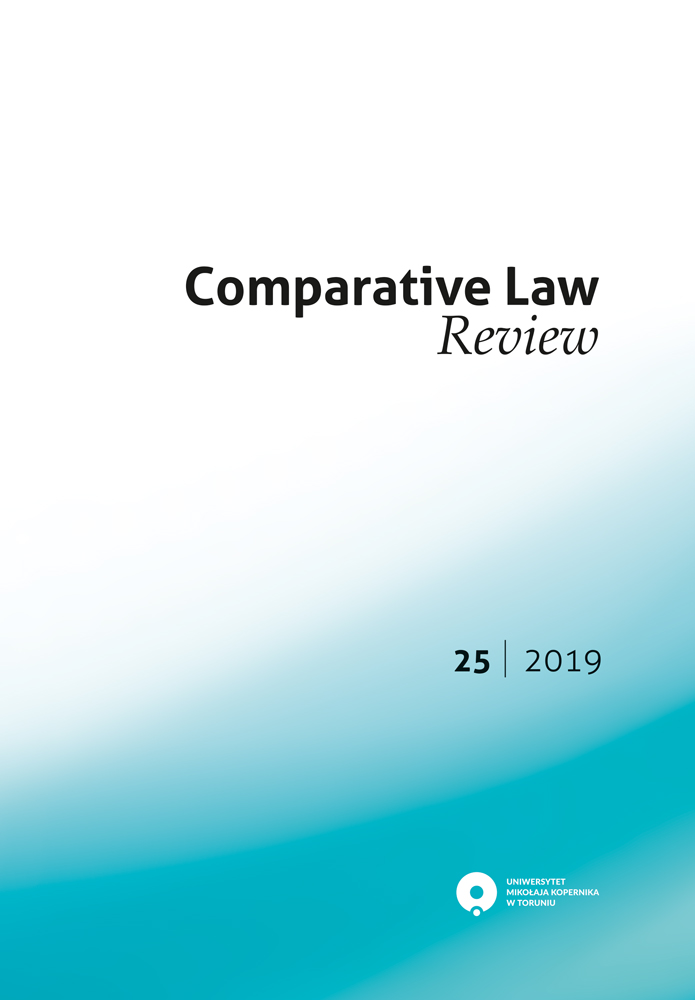Reform by Legal Transplantation: Afghanistan’s Counter Narcotics Law 2006
DOI:
https://doi.org/10.12775/CLR.2019.002Keywords
legal transplants, criminal law, Afghanistan, law reformAbstract
When the international community has engaged in efforts to assist transitions to peace in countries de-stabilized by conflict, new criminal law is often found to be imperative in order to promote the development of fair and effective justice systems, the rule of law and due process in accordance with international human rights standards. While the transplantation of readily available law can be an appealing solution, little scholarship has been dedicated to examining its effectiveness for developing post-intervention criminal law reform. Informed by empirical evidence and qualitative interviews with senior international and Afghan legal personnel, this article addresses this gap in scholarship by evaluating Afghanistan’s Counter Narcotics Law 2006 (CNL). Applying a new test, it considers firstly, whether this law was a successful transplant and, secondly, whether it was reasonable for those responsible for drafting it to rely on legal transplantation as a mechanism for reform. It finds that the transplanted content of the CNL and the processes of transplantation reduced the extent to which it was accepted and achieved its objectives, and concludes by making recommendations for ‘sensitive’ transplantation based on knowledge of theoretical frameworks on transplant feasibility and legal adaptation, analysis of local legal traditions and collaboration with local justice professionals.
Downloads
Published
How to Cite
Issue
Section
Stats
Number of views and downloads: 529
Number of citations: 0



